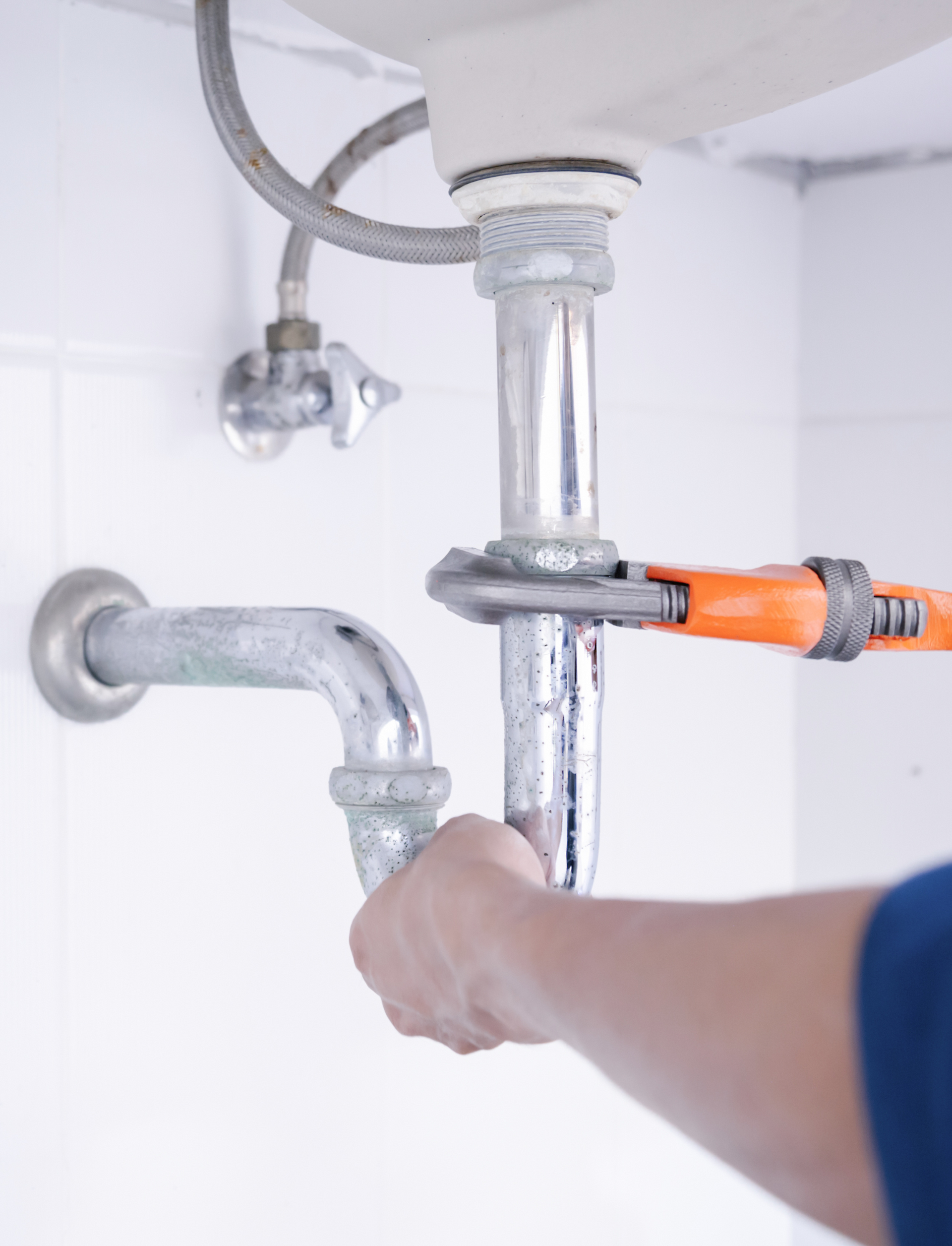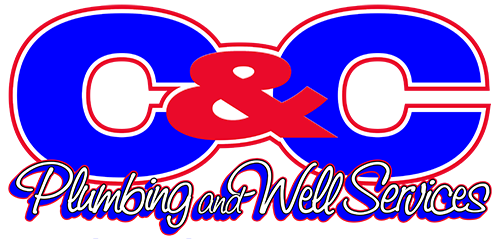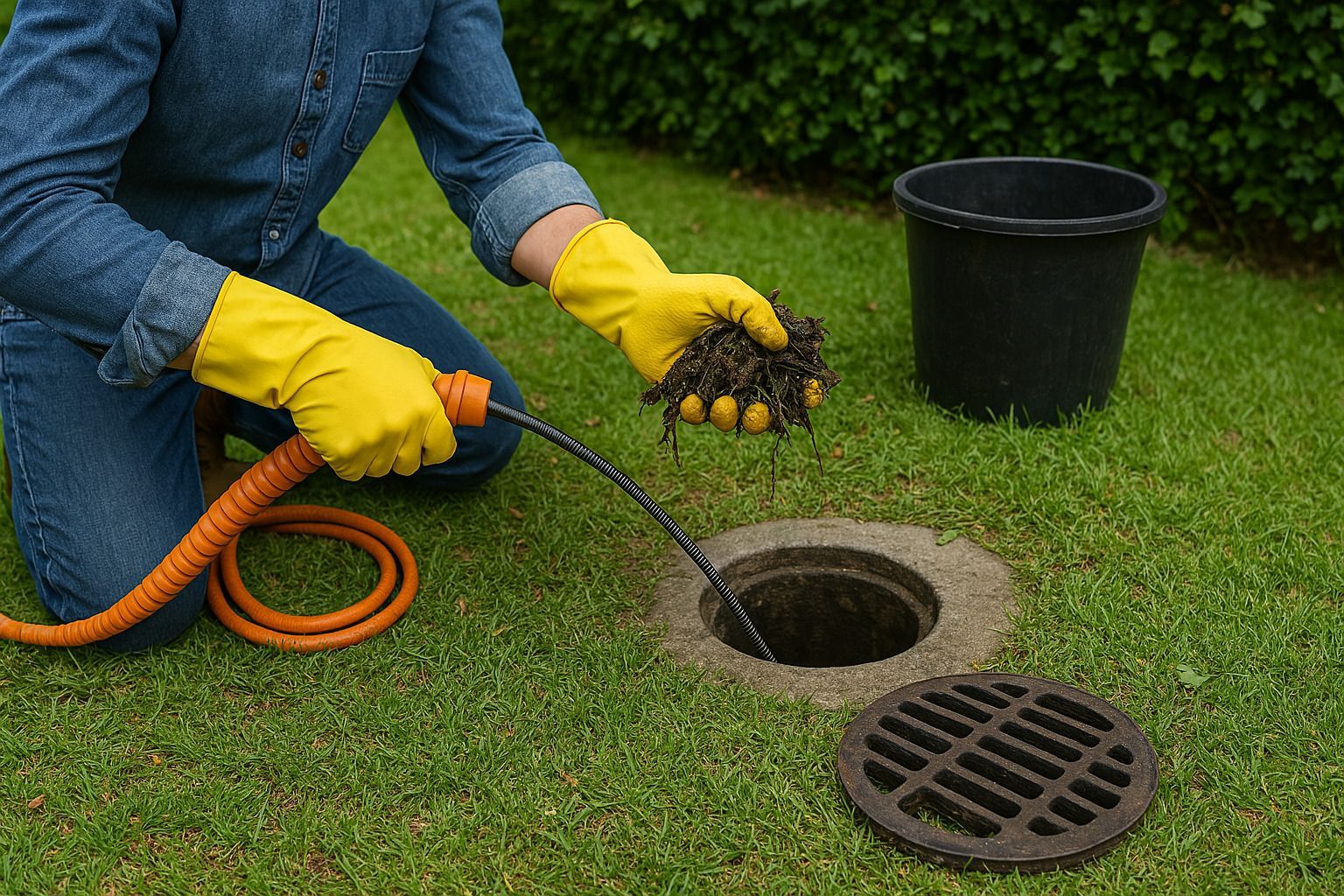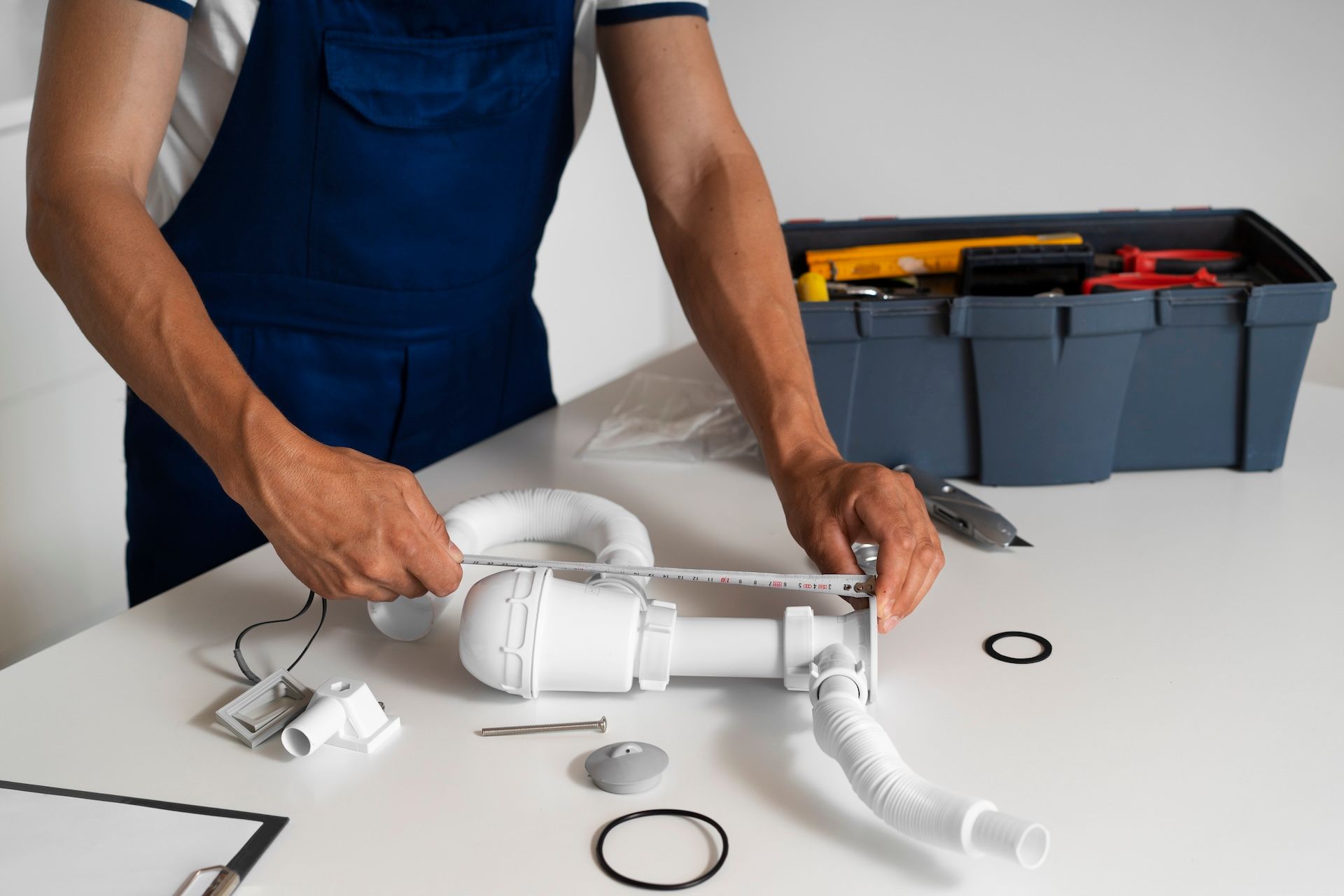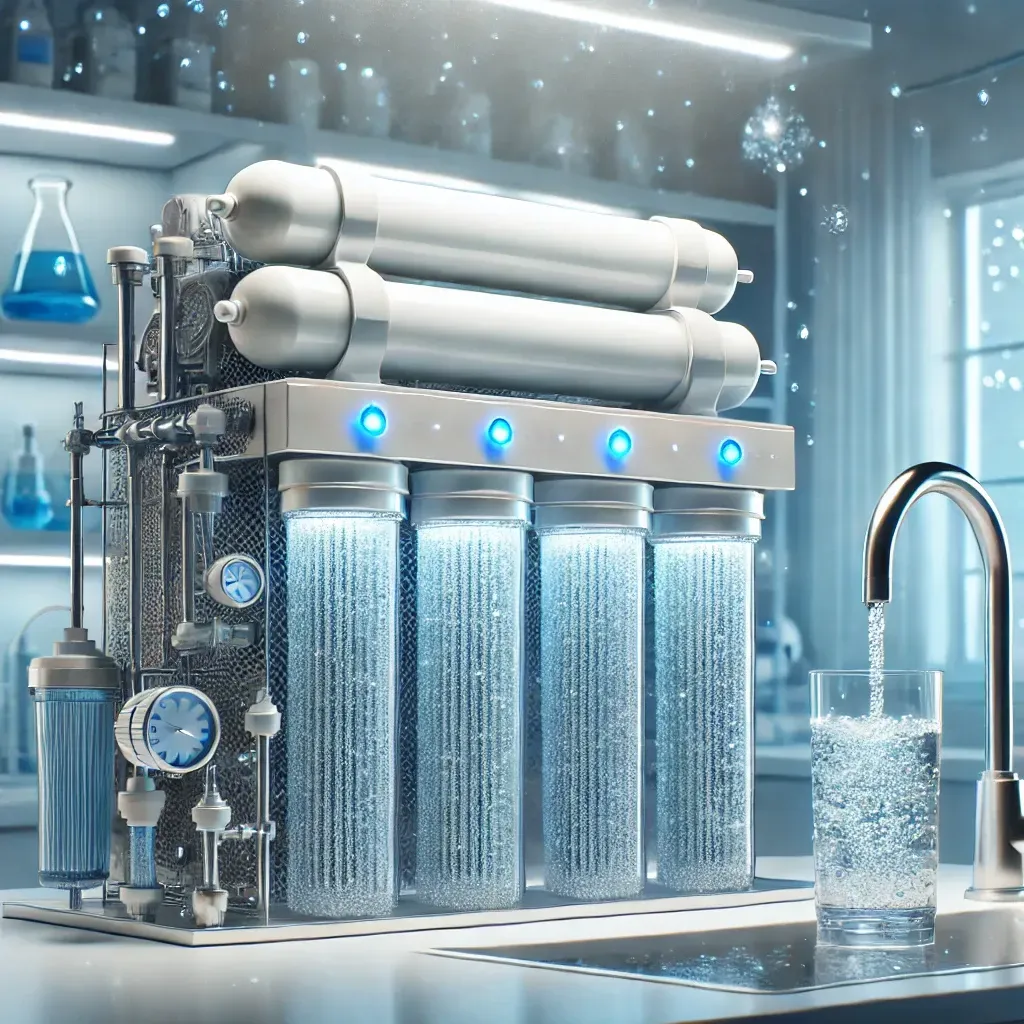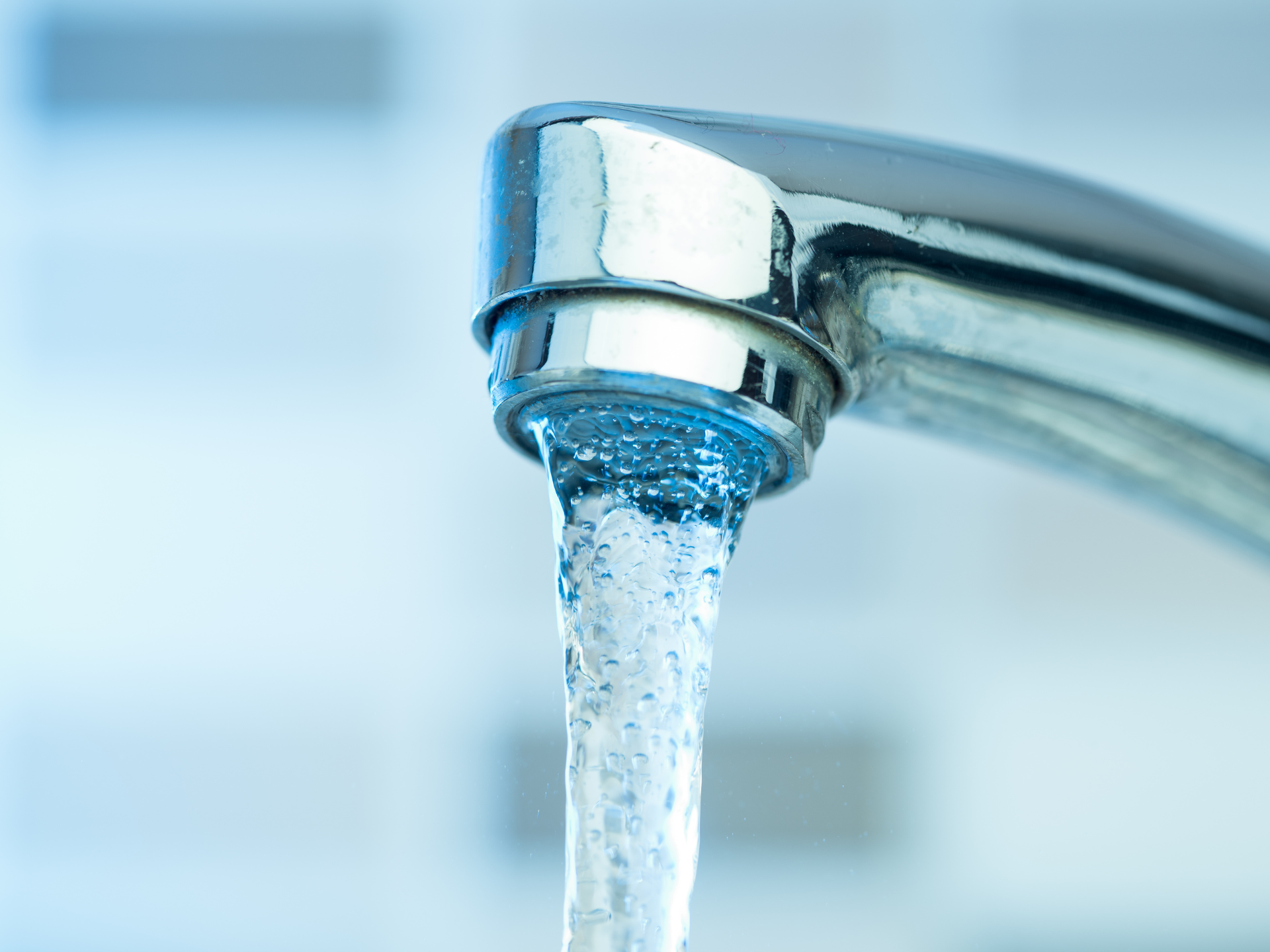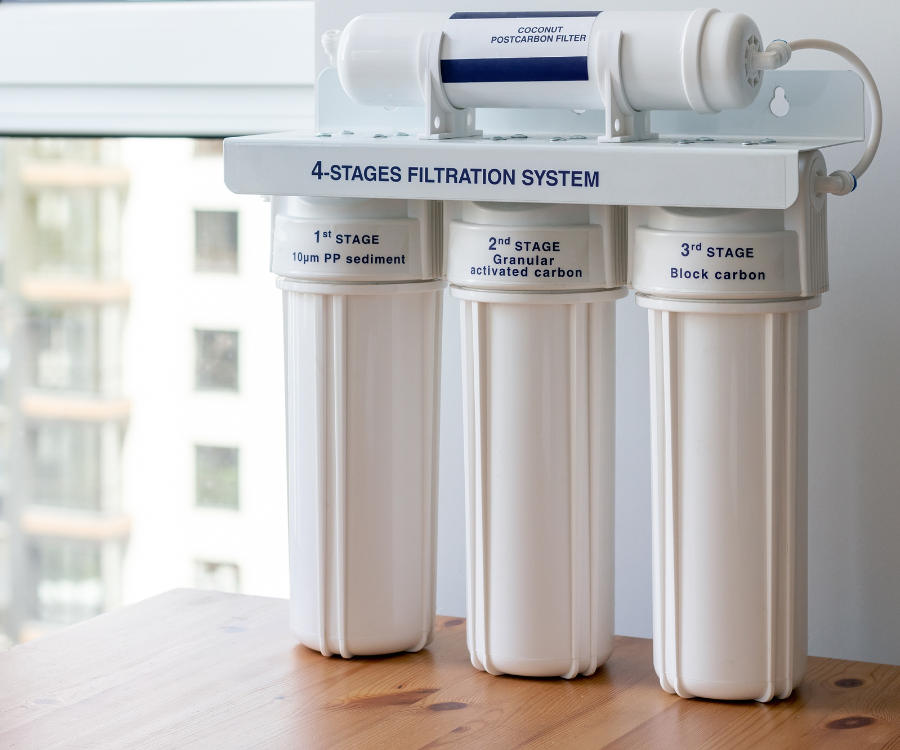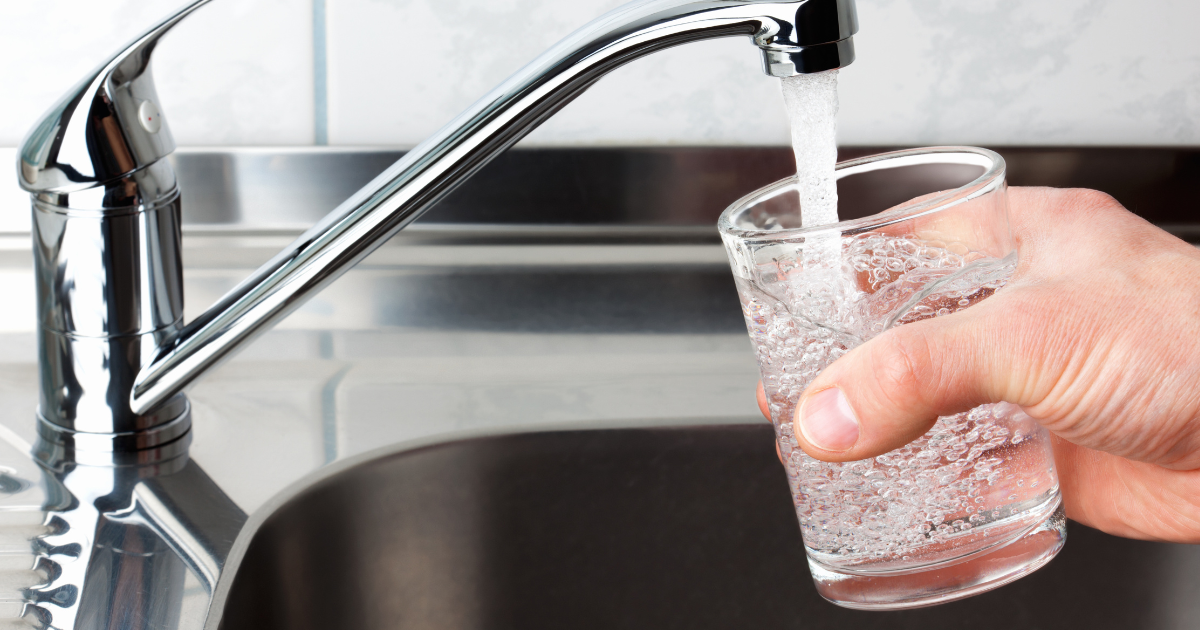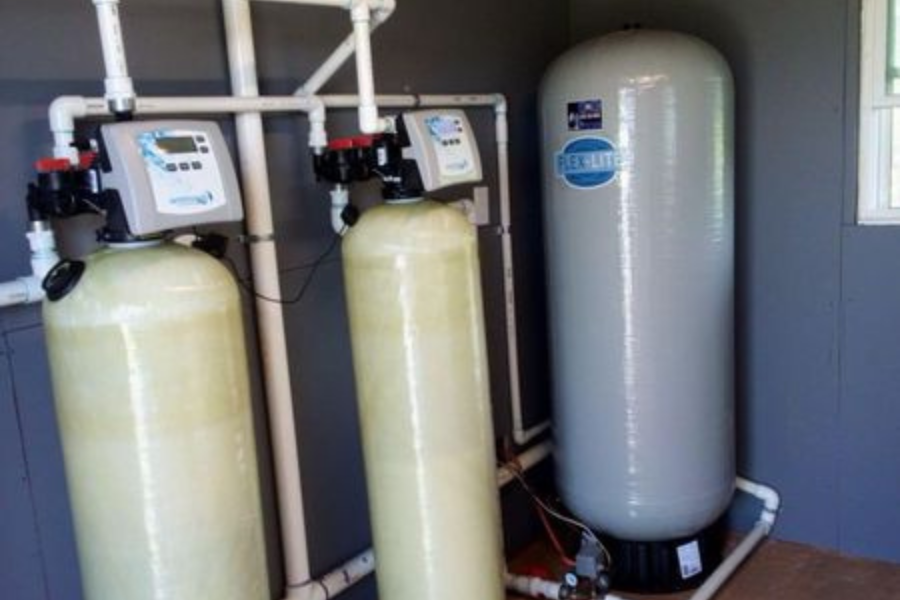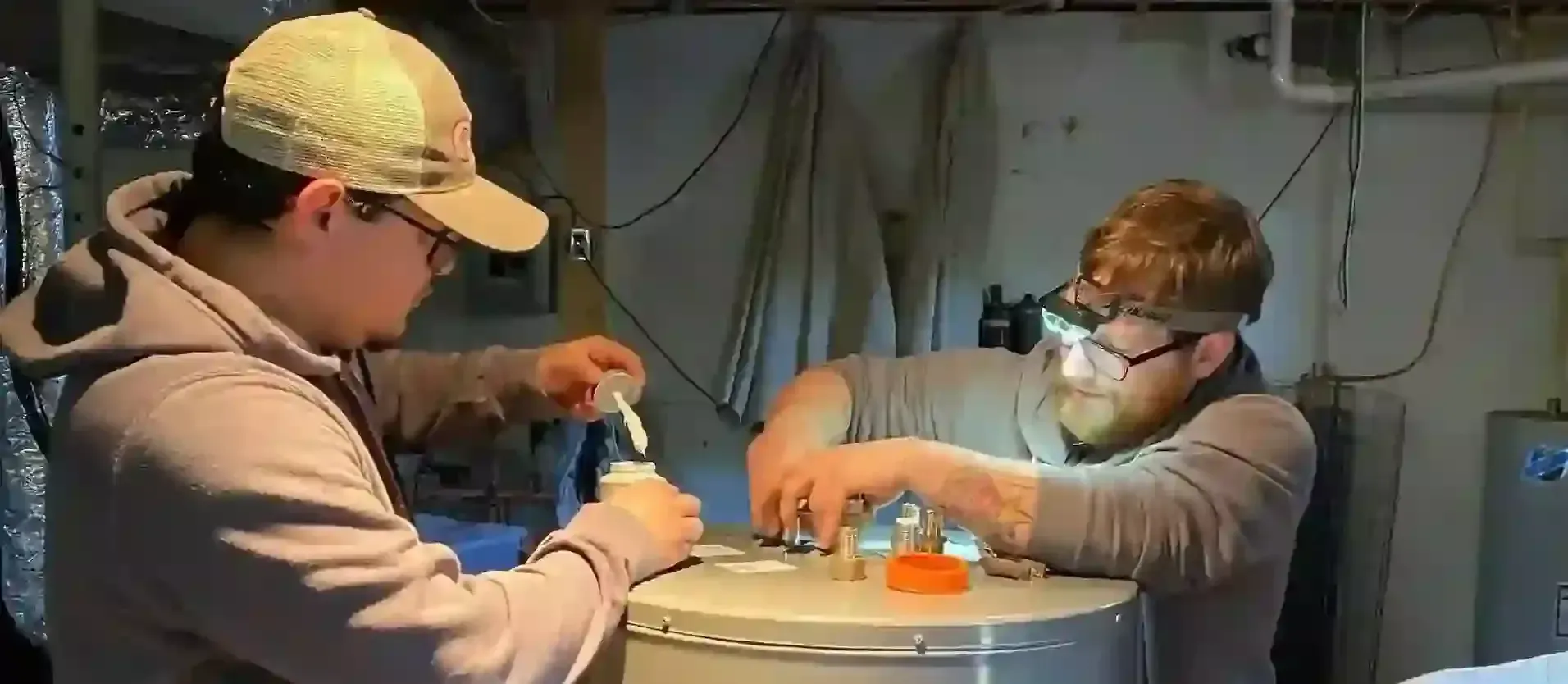555-555-5555
mymail@mailservice.com

Picture this: you miss your morning alarm, rush out of bed, and turn on the shower. All is well–you’re only late by a couple of minutes–until you’re struck by freezing cold water. Too often, people forget to maintain their hot water heaters until their day is ruined by an unexpected cold shower. Though no hot water heater lasts forever, you can extend your life with regular maintenance from C&C Plumbing. With regular servicing, we can make sure your water heater makes it to the double digits.
C&C Keeps You Comfortable
Whether you’ve got a pesky leak, funky-smelling water, or are simply in need of a check-up, C&C Plumbing is here to help with your water heater needs. Contact us to learn about hot water heater maintenance and other services.
A Short History of Hot Water Heaters
If you’ve ever been stuck in a surprise cold shower, you had a glimpse of the dark ages before hot water. We didn’t always have hot water as easily as we do today. The first water heater, by modern standards, was created by a Norwegian engineer living in Philadelphia. His name: Edwin Ruud. By 1940 with standardized plumbing, water heaters welcomed a new age of living. Comfort and luxury were now the standard.
We’ve come a long way since Edwin Ruud. Industry standards have improved and heaters come in all types such as traditional tanks, tankless heaters, electric, and gas–but even with these improvements you can’t neglect your heater and expect it to last forever.
How Long Do Different Water Heaters Last?
Due to general technological advancement and improvement in quality of life, we now have a range of options for water heater tanks. These options vary in price, as well as lifespan. With proper care, any type of tank can last a considerable amount of time.
Traditional Tank Heaters
Classics are classics for a reason—they’re reliable. On average, a traditional water tank heater lasts between 8-12 years. With annual flushing, your tank can even exceed its average life expectancy, and last well past it.
Tankless Water Heaters
A tankless water heater lasts between 15-20 years. This is almost double the lifespan of a traditional tank. With proper maintenance and care a tankless water heater can last even longer than 20 years.
Electric Water Heaters
An electric water heater lasts longer than a traditional tank, but slightly less than a tankless water heater. On average, you can expect your electric water heater to last anywhere from 10-15 years
Gas Water Heaters
Similarly to a traditional water heater, you can expect a gas heater to last 8-12 years before needing to be replaced.
Factors Affecting Water Heater Lifespan
Several factors that can influence the lifespan of your water heater, the primary one being the tank itself. There are things to prevent your tank from fully eroding such as repairs and maintenance, but a tank that's damaged is too far gone and in need of replacement. Read on to find out what are some of the most common factors affecting the lifespan of your water heater.
Quality of Water
Hard water tends to have a higher mineral count. Pesky minerals making their way into your tank will eventually lead to sediment buildup inside your water heater. The accumulation of sediments not only reduces the efficiency of your water heater but will ultimately shorten the life of your water heater, leading to a replacement much sooner than anticipated.
Increase in Usage
The old age saying, use it or lose it applies here! Well, the inverse. Sure, use your water heater, no problem, but be mindful that the more appliances that require hot water in your house, the more wear and tear that can take place.
Installation Issues
When you hire just anybody to install your water heater, they’re bound to do anything to get the job done. And we don’t mean it in a good way. Subpar installation can lead to problems such as improper ventilation and insulation. This can impact both the performance and more importantly, the lifespan of your water heater.
Complex Systems
Despite technological improvements in the water heating sector, this does not mean that tanks are indestructible. They don’t last forever.
People often buy into the myth that ‘They simply don’t make them like they used to.’ Well, that’s partially true. These technological advancements mean that modern water heaters are cost-effective, in turn saving you in the long run in terms of billing.
The trade-off for more advanced water heaters is that they rely on more complex systems to function. This means that they are more prone to failure if they are not properly taken care of.
Lack of Maintenance
An often overlooked aspect that affects how long your water heater lasts is maintenance. Homeowners often neglect servicing their tanks, which is vital in making sure your water heater lasts for an extended period. Everyone needs a little love and care—even your tank. Don’t neglect it.
Excessive Water Pressure
Nothing is better than a steady stream of water. In fact, everyone loves good water pressure. Not your water heater. The biggest culprit when it comes to the degradation of water heaters is excessive water pressure.
The problem is simple. When houses are further away from a city’s water supply, they have a harder time getting water. To counteract this problem, cities ramp up their water pressure.
The result is people living closer to the city center get an excessive amount of water pressure. The increase in water pressure puts strain on appliances, especially the water heater. The amount of wear and tear a water heater can sustain has a limit, which eventually leads to diminishing how long your water heater lasts.
Electrical Grounding
The National Electric Code (NEC) requires, for safety reasons, that water heaters be connected to a ground wire. This aids in preventing electric shock, as electricity has a viable path to safely flow into the ground.
Despite the safety provided by the ground wire, sometimes these stray electrical currents can have a detrimental effect on your water heater. It has been found that the electrical currents often erode your anode rod more rapidly, causing it to affect how long your water heater lasts.
Signs You Are Due for a New Water Heater
Old Age
Water heaters vary in how they last, ranging roughly from 8-20 years. Depending on your type of water heater, and how well you maintain it, its life expectancy can greatly increase or decrease. Regardless, if it’s nearing its maximum age, it may be time to replace it.
Cold Water
Water heaters should do what they say they do—heat water. If your water temperature is lukewarm, or worse—cold, something is clearly going wrong.
Increased Consumption of Energy
With wear and tear your tank will stop working like it did on day one. That’s normal. With diminished efficiency, water heaters tend to consume more energy. With an increase in bills, a good way to save is, surprisingly, by replacing your water heater. Don’t wait. Start saving now.
Leaks
A sure sign that you need a water heater replacement is: leaks. Seeing puddles of water around your tank usually means trouble. If this is the case—you need a replacement.
Noises
Loud pops, rumbling, and banging noises can be a result of sediment buildup. Sediment buildup often leads to cracking, affecting the efficiency of your tank. If noises are constantly heard coming from your tank, it usually means you’ve got to replace it.
Strange Smells
Things that should smell: your trash. Your water tank? Probably not. If you happen to catch a whiff of something foul or even metallic coming from your water heater—you should call an expert. Call us! With the proper maintenance, this issue can easily be resolved. If the foul odors persist, it could be a sign that your tank needs to be replaced.
Damage to Your Tank
A damaged tank is one thing you can’t replace. If you notice any dents or cracks, you may have a serious problem. Visible damage to your tank usually means that the structural integrity of it has deteriorated. Not only is this unsafe and inefficient—but it is irreversible.
Rusty Water
Here’s something you don’t want to see: brown/tinted water coming out of your water heater. Typically this means one of two things: 1. A rusted tank or 2. Rusted pipes. Either way, it’s a problem.
Claim Today!
We offer free consultations with no commitment. There’s no reason not to call! With our certified plumbing technicians, we’ll leave your home better than we found it. Hot water heaters are indispensable. They provide hot water for dishes, laundry, and showers. Often, they are an afterthought, until something goes wrong. Don’t wait for an inconvenience, keep everything in check with the help of C&C Plumbing. Don’t wait to schedule your consultation. Call today!
